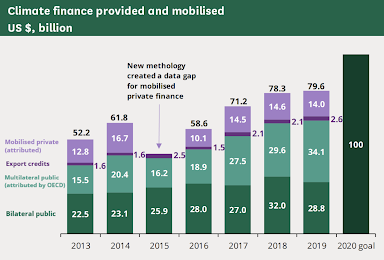Water security, urbanisation and privatisation

Following my COP27 post, I would like to take a look at the water security within Africa and how global climate change, urbanisation and privatisation affects it and the governments decisions on water management to provide sustainable water access for the citizens of African states. In 2021, The State of the Climate in Africa report put particular focus on water. It revealed that already 250 million people are affected by high water stress and by 2030 more than 700 million would suffer in water security. Security risks due to climate related changes heighten social, economic, and political challenges across the world, and with water being the most precious natural resource, without which no living creature can survive, it could lead to water conflicts and geopolitical tensions (such as the Nile Basin tensions). Many regions in Africa are particularly vulnerable to those changes, such as Horn of Africa , which suffers from extreme droughts, and Central Africa , with extreme weath...

